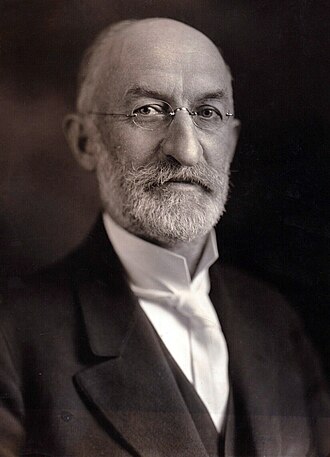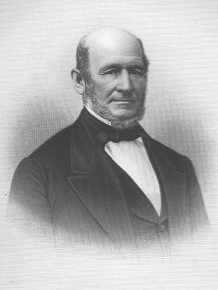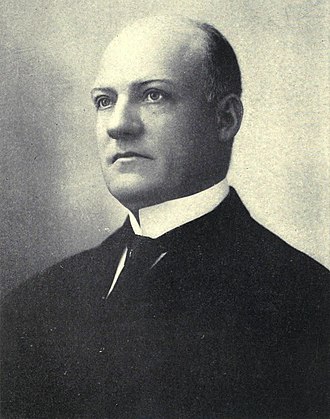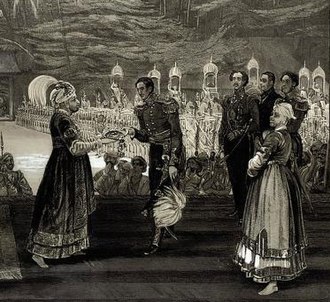Discover Your Roots
SIGN UPDiscover Your Roots
SIGN UPHeber is a male given name of Hebrew origin, meaning "Enclave; Cultural Unit." In the Bible, Heber was the great-grandson of Jacob in the Old Testament. The name has also been used in Irish as an Anglicisation of the Irish Gaelic Éibhear. In Hebrew, it signifies "enclave" and has been associated with several minor characters in the Bible. Notable individuals bearing this name include Heber Blankenhorn, an American journalist and US Army colonel; Heber J. Grant, the seventh President of the Church of Jesus Christ of Latter-day Saints; and Héber Araujo dos Santos, a Brazilian footballer. Heber carries a rich historical and biblical significance, making it a name with deep cultural roots and a strong, timeless appeal.

Heber Jeddy Grant (November 22, 1856 – May 14, 1945) was an influential figure in American religious history, serving as the seventh president of the Church of Jesus Christ of Latter-day Saints (LDS Church). Born in Salt Lake City, Utah Territory, Grant was the son of Rachel Ridgeway Ivins and Jedediah Morgan Grant, a prominent figure in the LDS Church. Despite facing challenges early in life, including the loss of his father and financial hardships, Grant demonstrated determination and resilience. His strong work ethic and commitment to self-improvement led to a successful career in business, including ventures in banking, insurance, and theater.Grant's contributions extended beyond the business realm, as he dedicated himself to church service from a young age. He served missions, held leadership roles in various church organizations, and played a pivotal role in establishing the church's presence in Japan. Notably, Grant's leadership coincided with significant transitions within the LDS Church, including the end of polygamy and financial challenges during the Panic of 1893.Throughout his life, Heber J. Grant exemplified perseverance and faith, leaving a lasting impact on the LDS Church and its members. His legacy is characterized by his unwavering dedication to his beliefs and his influential leadership during a transformative period in the church's history.

Heber Chase Kimball (1801–1868) was a prominent figure in the early Latter Day Saint movement, serving as one of the original twelve apostles and first counselor to Brigham Young in the First Presidency of the Church of Jesus Christ of Latter-day Saints for over two decades. Kimball was known for his acceptance of plural marriage, eventually marrying 43 women and fathering 66 children. Born in Vermont, he later settled in New York, where he married his first wife and pursued a career in blacksmithing and pottery. Notably, Kimball was involved in Freemasonry and was an active member in Nauvoo, Illinois. He experienced personal tragedies, including the loss of family members to tuberculosis. Kimball claimed to have witnessed a miraculous event in 1827, which he connected to the reception of the records of the Book of Mormon by Joseph Smith. His journey with the Latter Day Saint movement began after being baptized and witnessing church teachings and spiritual manifestations. He was deeply involved in the early development of the church, demonstrating a strong commitment to its beliefs and practices.

Heber Manning Wells, born on August 11, 1859, was an influential American politician and banker, notably serving as the first governor of the State of Utah following its statehood on January 4, 1896. With a strong background in banking and local government, Wells made significant contributions to Utah's civic life, holding various positions in the banking sector and actively engaging in Salt Lake City's municipal affairs.During his gubernatorial tenure from 1896 to 1905, Wells focused on establishing and organizing the state government, addressing concerns about water availability for agriculture and the growing population, and championing educational and cultural initiatives, such as the creation of a teachers' training school and the support for the arts. Notably, he appointed Emma J. McVicker as the state superintendent of public instruction, making her the first woman to hold a high post in Utah's government.After leaving the governorship, Wells continued his involvement in public service, serving as Salt Lake City's Commissioner of Parks and Property and later taking on editorial roles in the media. He passed away on March 12, 1938, leaving behind a legacy of public service and dedication to the development of Utah.Heber Manning Wells was married three times and had seven children. His impact on Utah's governance and society continues to be remembered and celebrated.

Heber MacMahon, also known as Irish Éimhear Mac Mathúna, was a prominent figure in Irish history during the 17th century. Born in 1600 on the island of Inniskeen in what is now County Monaghan, MacMahon received his education at the Franciscan Monastery in Kiltybegs, Monaghan, and later at the Irish College at Douai and Leuven. Ordained as a Roman Catholic priest in 1625, he was appointed as Vicar apostolic of the Diocese of Clogher and later became Bishop of Clogher in 1643. He played a significant role in the Irish Catholic Confederation in Kilkenny and was a key figure in the Ulster army, working closely with prominent leaders of the time. MacMahon's life ended tragically in 1650 when he was captured, hanged, and beheaded by Sir Charles Coote in Enniskillen after the defeat of the Irish forces by Cromwell’s army at the battle of Scarrifholis. His legacy lives on as he left a lasting impact on the history and religious landscape of Ireland during this tumultuous period.

Colonel Heber Drury (4 March 1819 – 30 October 1905) was a British army officer who served in India and made significant contributions to the field of botany. Despite his military career, Drury's passion for botany led him to publish two books and numerous articles on the subject. His dedication to botany is honored through the naming of Paphiopedilum druryi, the only peninsular Indian species of slipper orchid, which he discovered in the hills of Agastyamalai. Born into a family with strong academic ties, Drury pursued a military career, serving in various capacities and rising through the ranks. He also devoted his time to studying plants and authored comprehensive works such as "The Useful Plants of India" and the "Handbook of the Indian Flora." Drury's personal life was marked by two marriages and a total of twelve children. After retiring from the military, he continued his botanical pursuits until his passing in 1905. Drury's legacy lives on through his remarkable contributions to botany and his impact on the botanical community.
All images displayed on this page are sourced from Wikipedia or Wikimedia Commons.We use these images under their respective Creative Commons or public domain licenses. Wherever applicable, author attributions and license information are provided. If you believe an image is used incorrectly or outside its license terms, please contact us so that we can review and correct the issue.